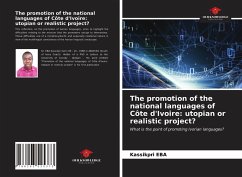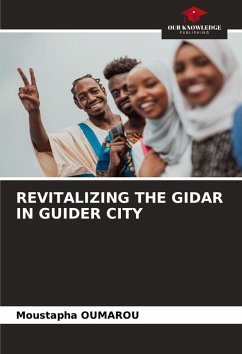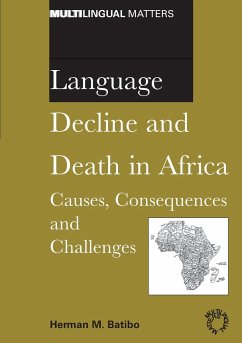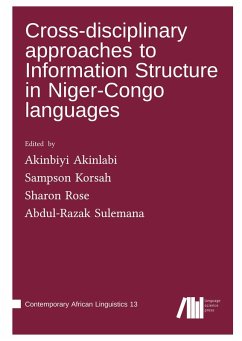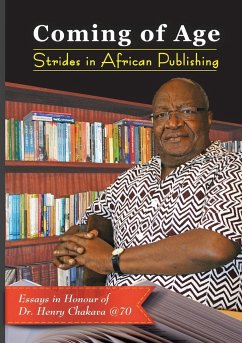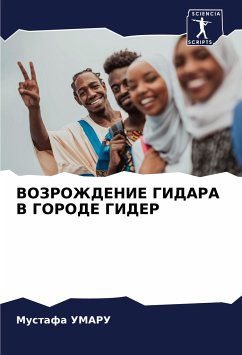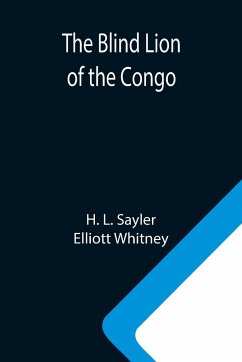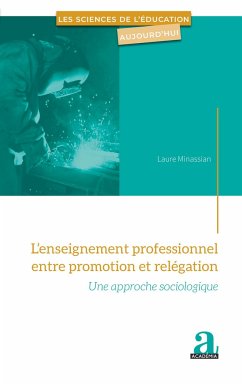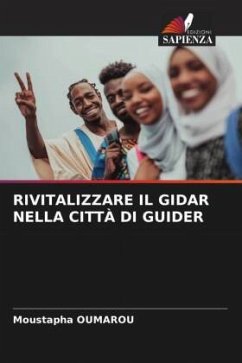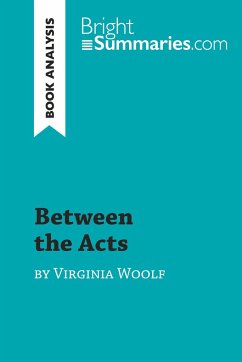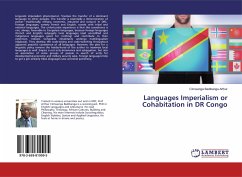
Languages Imperialism or Cohabitation in DR Congo
Versandkostenfrei!
Versandfertig in 6-10 Tagen
15,99 €
inkl. MwSt.

PAYBACK Punkte
8 °P sammeln!
Linguistic imperialism phenomenon "involves the transfer of a dominant language to other peoples. The transfer is essentially a demonstration of power-traditionally, military, economic, industrial and cultural. In DRC, foreign languages, namely French and English, coexist with tribal and national languages. The unfortunate experience is that this coexistence is not, always, favorable to Congolese languages, because foreign languages (French and English) subjugate local languages (said uncodified and indigenous languages good for nothing) and contribute to their extinction. Indeed, Congolese in...
Linguistic imperialism phenomenon "involves the transfer of a dominant language to other peoples. The transfer is essentially a demonstration of power-traditionally, military, economic, industrial and cultural. In DRC, foreign languages, namely French and English, coexist with tribal and national languages. The unfortunate experience is that this coexistence is not, always, favorable to Congolese languages, because foreign languages (French and English) subjugate local languages (said uncodified and indigenous languages good for nothing) and contribute to their extinction. Indeed, Congolese inhabitants undergo multilingualism (diglossia). They develop the code-mixing and code-switching throughout apparent peaceful coexistence of all languages. However, the plea for a linguistic policy remains the hobby-horse of the author to maximize local languages as well. Empire is not only dominance and subjugation, but also an association of some groups of people in search of unity for developmental,economic and military security sake. Foreign languages help to get a job similarly tribal languages save ancestral patrimony.



